Every year, 17 May is observed as World Hypertension Day (WHD). This is an initiative of the World Hypertension League (WHL), an affiliated section of the ISH.
The WHD was first inaugurated in May 2005 and has become an annual event ever since. The purpose of the WHD is to promote public awareness of hypertension and to encourage citizens of all countries to prevent and control this silent killer, the modern epidemic.
The theme for World Hypertension Day 2017 is Know Your Blood Pressure with a goal of increasing high blood pressure (BP) awareness in all populations around the world.
Ignorance, people say, is bliss. Not so with hypertension though. For, uncontrolled high blood pressure, if left untreated over a prolonged period, can cause a stroke by damaging the blood vessels in the brain, health experts have warned.
What is Hypertension?
Hypertension is a condition called high blood pressure during which the arterial blood pressure raises to high level from the normal level (120/80 mmHg). It is medical condition called as silent killer as it does not show any clear symptoms however severe hypertension show some symptoms of headaches, sleepiness, palpitation, blurred vision, fatigue, dizziness, confusion, ringing sensation in the ears, breathing difficulty, irregular heartbeat which may lead to even coma.
It is divided in two types (primary or essential hypertension and secondary hypertension) on the basis of its causing factors. The primary hypertension is more common type however its causes are unknown. Whereas, causes of secondary hypertension are kidney damage, adrenal gland over-activity, sleep apnea syndrome, tumors, recreational drugs, thyroid gland dysfunctioning, aortic coarctation, pregnancy-related conditions, over or wrong medications, alcoholic drinks, bad food and etc.
It is also an inheritable disease which can be inherited to children from parents having hypertension or family history of diabetes, obesity, smoking, lack of exercise, excess alcohol drink, use of oral contraceptive pills and etc. Its complications are atherosclerosis means narrowing of arteries, brain hemorrhage means blood clot in brain (stroke), heart attack, aneurysm, kidney failure, heart failure, eye damage and etc.
It is easy to get prevented from the primary hypertension however secondary hypertension is severe condition which can be managed and cured if treated well. It needs to change some lifestyles and following healthy living habits (avoid smoking and alcohol, low sodium intake of 1.5 to 2.5 g, low-fat and high-fiber diet, fruits and green vegetables, proper physical exercise, aerobics, healthy weight, regular pulse and BP check, reduce stress, low bad cholesterol level, healthy family history and etc) to well treat the condition
Hypertension can put you at increased risk of stroke
What amplifies the problem of hypertension is the fact that it often goes unnoticed as it attacks the body surreptitiously, without showing up symptoms of its own.
Its prevalence in India is widespread. According to a recent study published in the Journal of Hypertension, about one-third of India’s urban population and one-fourth of the rural population are hypertensive.
“High blood pressure can cause blood clots to form in the arteries leading to your brain, blocking blood flow and leading to lack of oxygen supply to the brain cells and tissues, potentially causing a stroke,” Tapan Ghose, Director, Cardiology, Fortis Hospital, Vasant Kunj, New Delhi, told IANS.
High blood pressure damages arteries throughout the body, creating conditions where they can burst or clog more easily. Weakened arteries in the brain, resulting from high blood pressure, put people at a much higher risk of stroke, according to the American Heart Association.
There are primarily two types of strokes — “ischemic stroke” which can happen due to a reduction in blood supply to the brain, and “hemorrhagic stroke” that is due to bleeding in the brain.
“High blood pressure is responsible for almost half the ischemic strokes that are also called brain attacks, akin to a heart attack. It also increases the chances of hemorrhagic strokes,” said Gunjan Kapoor, Director, Interventional Cardiology Department, Jaypee Hospital, Noida.
“It is one of the leading causes for stroke that contributes over 50 per cent in blockages (ischemic stroke) and leads to bleeding in the brain,” Vipul Gupta, Director, Artemis Hospital, Gurgaon, added.
But early detection of blood pressure and its management may reduce its complications and risk of death.
“Reduction of only 5 mm mercury systolic blood pressure reduces incidence of stroke by nine per cent and coronary heart disease (CHD) by six per cent,” said B.K. Dubey, Director, Cardiologist, Venkateshwar Hospital, Dwarka, New Delhi.
The exact causes of high blood pressure are not known, but several factors and conditions may play a role in its development, such as smoking, lack of physical activity, too much salt in the diet, consumption of alcohol, stress, and genetic family history of high blood pressure.
“Being overweight can also put you at risk of high blood pressure, heart disease and Type-2 diabetes, all of which increase your risk of a stroke,” said J.D. Mukherji, Senior Director – Neurology, Max Super Speciality Hospital in Saket, New Delhi.
Some symptoms for early detection of high blood pressure include headache, chest discomfort, palpitations, shortness of breath, irregular heartbeat, nosebleeds and feeling numb or weak.
Hypertension in the majority of patients is a lifestyle disease and requires aggressive lifestyle changes to manage the disease. However, a subset of patients may be having secondary hypertension due to other reasons.
“The best way to control high blood pressure is to diagnose it. Once diagnosed, the doctor may prescribe medicine, drugs, diet and exercise to help keep the blood pressure in control. Making certain lifestyle changes can keep a check on your hypertension. Avoid a sedentary lifestyle, quit smoking and limit alcohol,” Anil Kansal, Neurosurgeon, BLK Super Speciality Hospital, New Delhi, suggested.
Eating plenty of fruit and vegetables, cutting down on full-fat milk, cream and cheese, as well as fatty meat and takeaways may also help control hypertension.
“Exercise also plays an imperative role to strengthen your cardiovascular health. It reduces hypertension and other heart-related issues to a great extent, but it should always be done under a certified fitness professional,” said Rachit Dua, a Delhi-based fitness coach and nutritionist.
Inputs from IANS

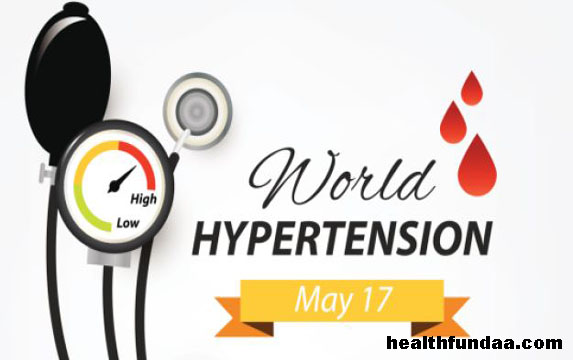
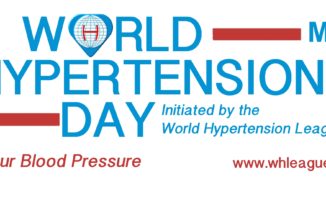

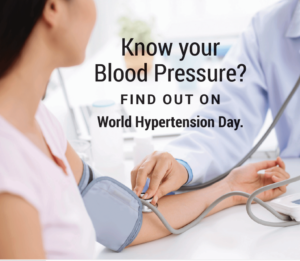
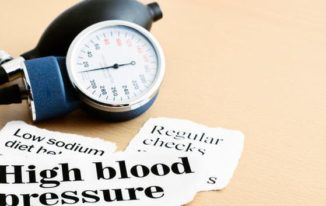
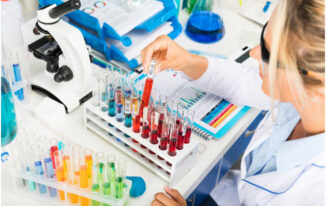
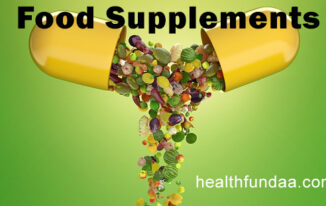
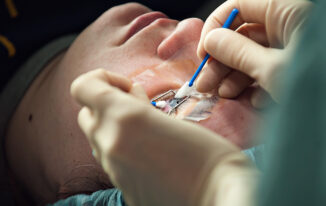
Hey Sonal,
Thanks for spreading the awarness of this silent killer.
It is really a great heads up!
One should be aware of his general health condition, especially the hypertension. It is really dangerous, especially if you are unaware of it.
We face a lot of cases in the gym, people sometimes take supplements that contain caffeine, while they have hypertension that they never knew about, and face big troubles.
Thanks for the valuable post!
~ Andrew
Andrew Steave recently posted…Best 11 MCT Oil Supplements | Buyer’s Guide
Hi Andrew
Thanks for visiting and sharing your feedback. glad that you liked it
Have a nice day!
And the most scaring is the fact that many do not even wish to know their bp status until one is attacked. A silent killer indeed
Lilian Sarah recently posted…COLLEGE PLANTS OVER 5000 TREE SEEDLINGS IN 2014 FIRST TREE PLANTING CEREMONY
Thanks for spreading awareness. This is a very dangerous condition that not many people are aware of until it is to late unfortunately
Hi
Thanks for stopping by!
Have a nice day!
Thanks for awareness to this silent disease 🙂
Hi Willie
Thanks for stopping by!
Have a nice day!